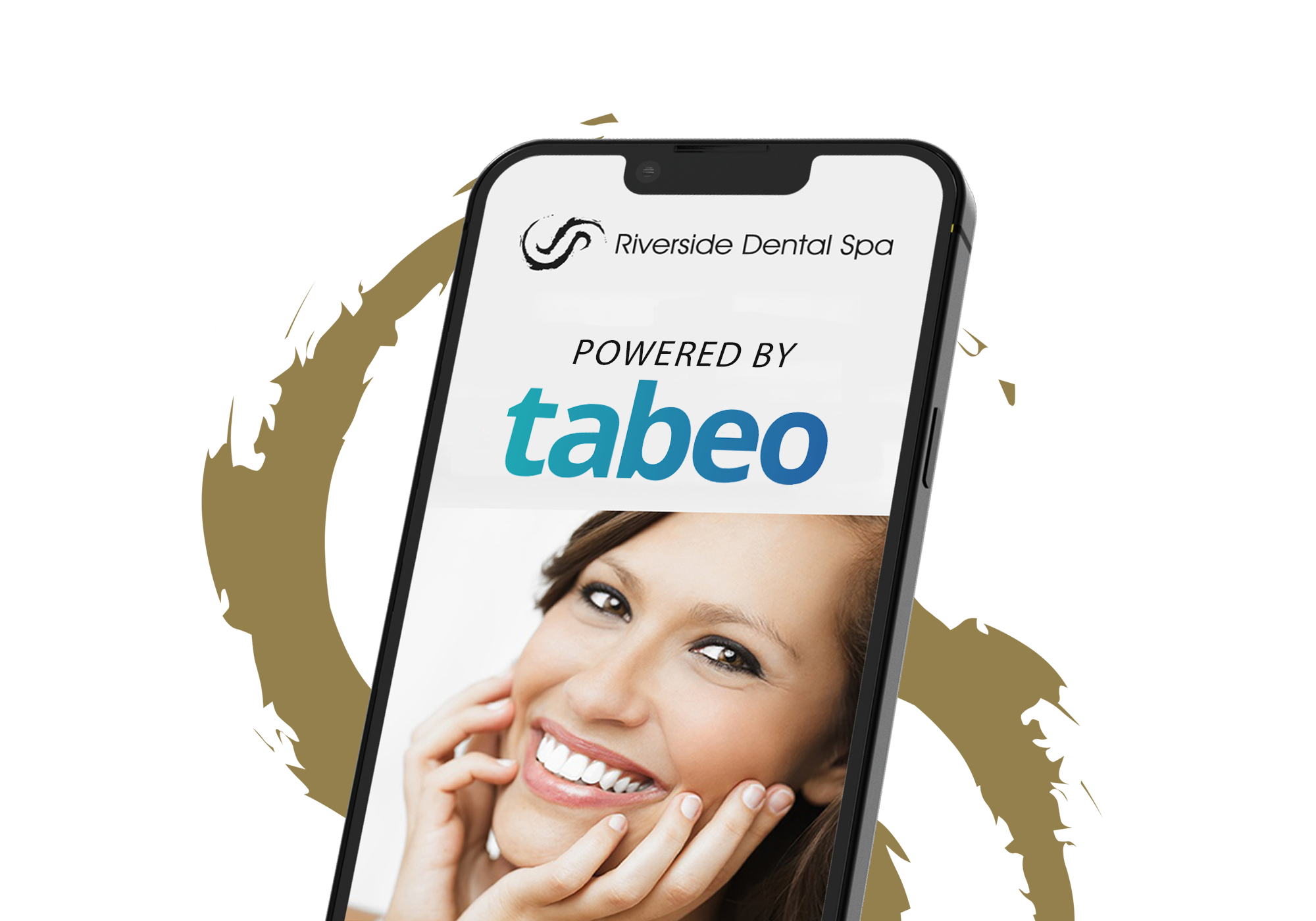If you are due to have Invisalign treatment or are considering it as a possible option for straightening your teeth, you might be wondering whether it is worth it. In this blog post we will help you to decide by exploring the effectiveness of invisible aligners and how they stack up against other teeth straightening treatments. Ultimately the decision is yours, and is best arrived at with advice from your dentist on your suitability for such treatment, but at least with the facts in front of you, you can make an informed decision.
Invisalign is a hugely popular treatment for straightening smiles. There are other invisible aligner treatments available, but for the purpose of this blog we’re going to concentrate on Invisalign as it is one of the treatments we offer here at Riverside Dental Spa.
Invalisign straightens the teeth by gradually moving them into a new position through the use of a series of clear, plastic trays that are custom made to the patients evolving bite. Every couple of weeks, a new plastic aligner is provided to slowly exert low forces to move the teeth into the desired position.
To be effective, invisible aligners need to be worn for at least 20-22 hours per day, though you can remove them for eating, drinking and brushing your teeth.
In order to get a successful outcome from Invisalign treatment, it should only be used in mild to moderate orthodontic cases, such as:
- Overbite - when the upper teeth overlap the bottom teeth causing a deep bite.
- Underbite - when the lower teeth rest on the upper teeth when the mouth is closed.
- Crowded teeth - when it looks as though you have too many teeth for your mouth as they are crooked and squashed together.
- Gapped teeth - when there is a larger than normal space between two teeth.
- Cross bite - when a minor jaw misalignment causes an upper tooth to close behind the lower teeth.
When invisible aligners are not effective
When treatment is carried out by your Invisalign trained dentist, there is no reason why it should not be successful, however, there are a few reasons why your invisible aligner treatment might not be as effective as you would expect. These include:
- When you don’t wear them for at least 20-22 hours a day
- When you try to use them to fix severe orthodontic issues
- When you don’t wear them according to your treatment plan
- When you miss regular appointments
- When you don’t wear invisible aligners for long enough - treatment time is usually between 3 to 18 months
- When you don’t wear a nighttime retainer as advised after finishing your treatment, in order to ensure the teeth don’t slip back into their original positions
What’s the alternative to invisible aligners?
If Invisalign is not recommended for your particular orthodontic issue, or you don’t get on with this treatment, then there are alternatives available.
You may, for example, prefer fixed braces as these are often a more cost effective option and as they are fixed to the teeth there is no worry that you’ll take them out and forget to put them back in. You also don’t have to brush your teeth after every meal as you do before you put your invisible aligners back in, so they are great if you want a simple treatment that doesn’t take any effort on your part. You may, however, find that invisible aligners are more comfortable to wear as they are trimmed to your gum line and are less likely to result in emergency appointments as there are no wires or brackets to break.
If you’d like to find out more about invisible aligner treatment here at Riverside Dental Spa please call us on 020 7091 0677 or click here to make an enquiry.



